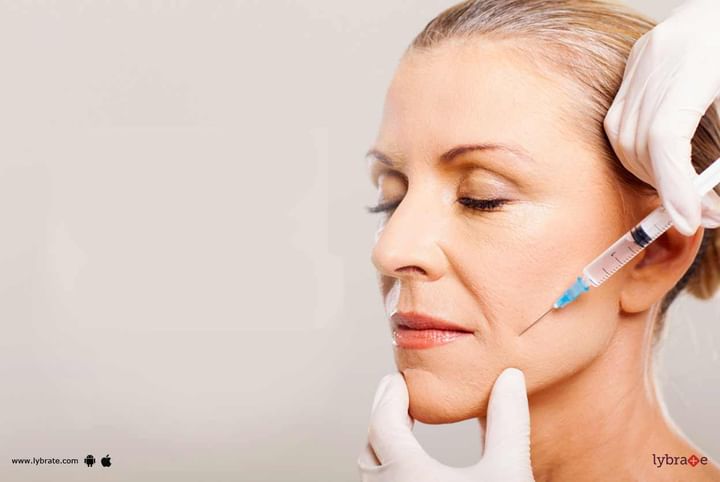Cheek Implants - Know Forms Of Them!
Today is you don’t like something about the structure of your face, it is possible to change it with cosmetic surgery. People who have long, narrow faces or those who have undergone a traumatic accident which disfigured their face can opt for cheek implants to give their face a fuller, more symmetric appearance. Some people may also choose to have cheek implants if they feel their cheeks are too flat.
Cheek implants are of two types. The doctor may either transfer fat from one part of your body to your cheeks or use synthetic materials such as polyethene or silicon. The procedure may be performed under local or general anaesthesia and usually takes about 45 minutes. The surgeon will first make an incision in either your upper lip or lower eyelid. A pocket is then formed into which the implant is inserted. Stitches and metal screws may also be used to help the muscles support the implant. Finally, the incision is closed with stitches. In case, the cheek implant is part of a larger procedure such as a facelift or forehead lift, the implants may be inserted through incisions made for these procedures.
After the procedure, you will experience temporary bruising and swelling for a few days. You may also have mild discomfort or pain and feel as though your cheeks are numb. A liquid diet is usually advised for the first 2-3 days after the surgery to allow the cheek muscles to heal. You should be able to resume your normal lifestyle within a week but it may take more than a month for the swelling to subside completely and the results of the surgery to become noticeable.
As with any other surgical procedure, cheek implants also have their own risks. Some potential complications of the surgery include bleeding and infection, changes in sensation levels, damage to the bone and ligaments, scarring, allergic reactions and accumulation of blood under the skin.
The effects of a silicone cheek implant are permanent and will last a lifetime. However, in rare cases of complications, the implant may get infected and need to be removed. The contours of the face may also change is the implant shifts from its position. In rare cases, an accident may also cause the implant to extrude out of the face. Hence, it is important to maintain a relationship with your cosmetic surgeon and maintain all appointments for follow-up checks.



+1.svg)
